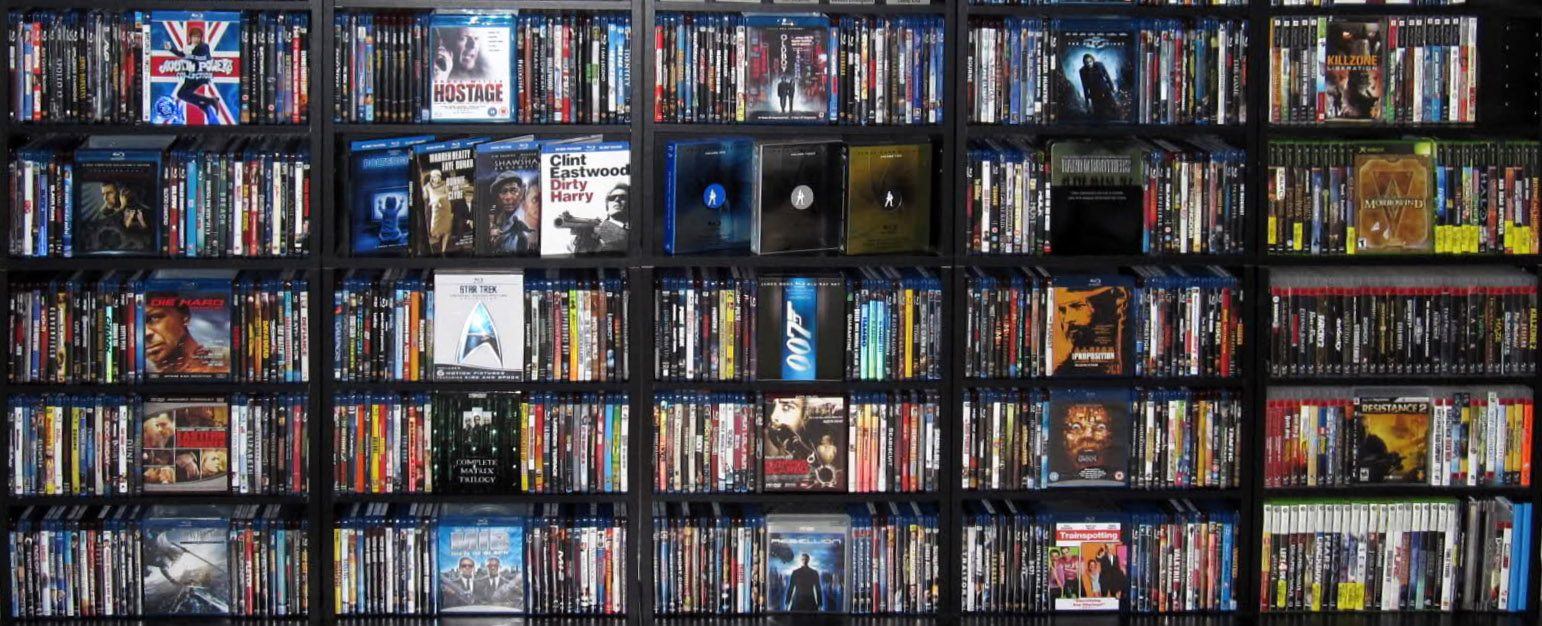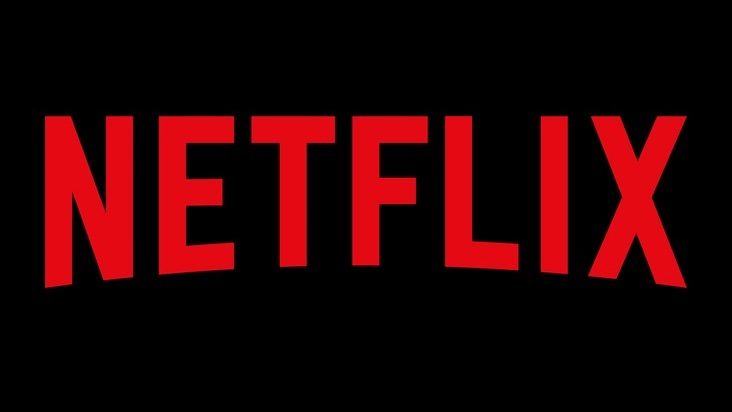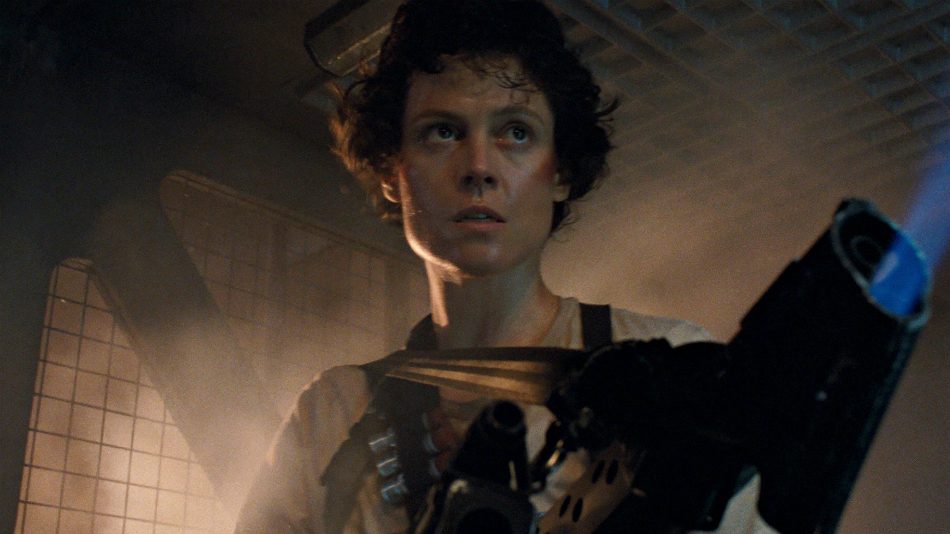

A few days ago there was fair amount of buzz on social media that Disney would be abandoning future releases of several of their live action films onto the 4K Blu-Ray format in an effort to redirect consumers towards Disney+. This appears to be misinformation, as a Disney spokesperson has told Forbes that this isn’t the case and that “There are no plans to discontinue releases in a particular format”. Time will tell if this was just PR talk, but as of right now Disney seems to be trying to quell these rumors. Even if this was just a false alarm, it’s started a conversation about the nature of physical media. As streaming gets bigger and bigger, the risk of physical media actually disappearing becomes more apparent.
Streaming is of course, incredibly convenient. In addition to just having a large wealth of content, it makes viewing TV shows especially easier. For example, awhile back I was watching through Star Wars: The Clone Wars when it was still on Netflix. Due to the way the show was aired on television, the episodes aren’t in chronological order. I was easily able to jump around between episodes to view them in the correct order. Since going in chronological order can mean jumping back and forth between seasons, doing this with a bunch of DVDs would have been a great hassle.
The core issue about streaming services is that at the end of the day, you the consumer actually own nothing. When I buy a DVD at the store, it is mine forever. Yes I need the right device to play it and discs can eventually degrade over an extensive period of time, but I will practically always own that film. When I pay my annual subscription fee to Disney+, I’m basically just renting their library. As most will tell you, many films don’t stay on a service forever. Movies come and go on Netflix and other platforms at an alarming rate. Even on Disney+, where everything is owned by the same company, movies get removed because of preexisting licensing deals that date back a decade or more. Is your favorite movie The Sandlot? Were you excited to watch it on the new Disney streaming service? Well too bad, it’s gone after just a few months.


There are so many streaming services out there that nowadays it feels like everything is at least on one platform. To ensure that you’d be able to watch almost everything, you’d need subscriptions to Netflix, Hulu, Amazon Prime, Disney+, HBO Max, Peacock, and whatever else crops up in the future. This doesn’t even touch on more specialized platforms like The Criterion Channel or DC Universe. Sure you’re getting a massive amount of content, but those monthly/yearly fees add up fast. Especially when considering the amount of content that most consumers will just never watch. Netflix turns out original film after original film, but almost all get lost in the shuffle. It’s of course up to the consumer to determine what is valuable. But if a streaming service is only really offering you one or two things and you haven’t used it in a while, is it really worth it?
Now of course, buying DVDs and Blu-Rays can also become quite expensive, and most people outside of collectors and major film buffs will never match the quantity of what they’d watch on streaming with DVDs. There are plenty of benefits to the physical format though. Often times the quality will be better on a blu-ray disc than on a streaming service. To use a recent example, when Avatar: The Last Airbender was added to Netflix, it used the video source from the older DVDs. I felt no incentive to watch because I already owned the blu-ray boxset with much better picture quality. Netflix has since addressed the issue, but by virtue of being compressed digital files, the quality does suffer, even if slightly.
Perhaps the most important reason to go physical is film preservation. As mentioned above, a movie on a streaming service can disappear at any time for reasons outside of consumer control. No one is going to come to your house and take away your DVDs. There are still plenty of films that haven’t or won’t make their way to the streaming services due to various licensing issues. The only way to really see these films is often times on blu-ray or DVD. Though the rumor about Disney discontinuing physical releases has been debunked, what if something like that does happen? Some films would just never be preserved in the high definition format. Older formats like VHS have gone out of print, and unless more efforts are made to continually release films in newer and better formats, some could risk being lost to time entirely.


Disney+ is also in a unique situation because of the content restrictions on the platform. They won’t put any film with an R rating onto the service to fit the family friendly brand they try to cultivate. Disney has positioned Hulu as the “adult alternative” where any R rated films would potentially go. This forces people to at pay for at least two streaming services, and of course films on these services are often fleeting anyway. While Disney’s isn’t particularly well known for their more mature output, their acquisition of the entire 20th Century Fox library certainly puts a lot more under their belt, (i.e. Alien). These were also the films most at risk in that initial rumor. According to it, Disney would only continue physical releases for their animated and big budget features (i.e. Marvel and Star Wars). This would leave older and smaller films in a more strenuous position, especially as they’re the movies that could benefit from more exposure. In addition to being a huge monopoly, Disney just sitting on the Fox catalog and not doing anything with it would be a colossal waste and disservice to many great films.
This type of loss of film can already be seen on some places. The Criterion Collection Godzilla boxset made a point of not including most of the American cuts of films. Despite their supposed inferiority, these English cuts have a place in film history and were incredibly important in shaping Godzilla’s role in pop culture in the United States. It also removes an accessibility option for people who may have trouble with subtitles and need the dubbed versions for various reasons. Some of these English cuts are at risk of being lost to time, with some not seeing a physical release since the days of VHS. No streaming service is ever going to pick them up, so they’re in a tough spot. It would be tragic to see the same potentially happen to other films.
There’s an undeniable convenience to using services like Netflix, Hulu, and Disney+. I myself will admit for as much as I champion physical media, I still use streaming a fair amount, mostly for TV shows as binging is more convenient online and physical releases of TV shows can often be incredibly expensive. For films however, I try to buy physical whenever I can. I’d hate to see great art disappear at a moment’s notice on Netflix or, God forbid, be lost forever. Ultimately it’s a consumer’s choice about how they wish to consume media, but for me physical will always be the superior choice.
